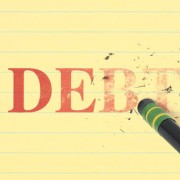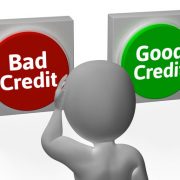6 Ways to Avoid a Credit Card Catastrophe
Do you feel like your credit card spending is out of control? Credit cards should be a convenient short-term way to pay, not a source of regular spending. Unfortunately, some people have a hard time staying true to this concept. Instead of paying off the entire balance due on the card each month, they let it grow and pay only the minimum amounts.
If this sounds all too familiar, it’s time to stop what you’re doing and start following these rules:
- Pay the entire balance due each month.
- If a balance remains unpaid at month’s end, do not use the card again.
- Do not use more than one credit card.
- Do not accept credit cards from specific retail stores.
- Do not pay off one credit card with another.
- Do not purchase gifts for people with your credit card. It’s often too easy to let your generosity exceed your ability to pay.






